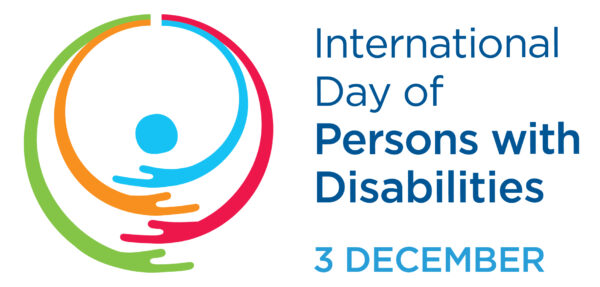Let’s emphasise ABILITY!

Why foreground hearing disability if you can foreground language ability instead?
At the Language Centre, we’d like to emphasise ABILITY when observing International Day of Persons Living with Disabilities, celebrated on 3 December. We respect and support all forms of communication needs of persons living with various forms of hearing abilities.
Did you know:
👆🏽 Someone who identifies as Deaf uses a signed or visual language as their primary mode of communication. And because sign languages are not universal, we refer to the sign language used in South Africa as South African Sign Language (SASL) – a language that includes the rich dialects from various regions and cultures in South Africa.
👆🏾 Other communities include those who identify as hearing impaired, who choose to communicate using a written and spoken language, and those who identify as hard of hearing, who have good enough access to sound to understand spoken languages too.
👆 The assumption that subtitles and written text are an adequate replacements for SASL has impacted negatively on communities using SASL. Let’s change that!
At SU there are several opportunities for you to learn SASL – have a look here:
🌟 Our Comms Lab SASL short course: https://languagecentre.sun.ac.za/product/south-african-sign-language-beginner-level-1a/
🌟 SASL Acquisition 178 (1-year module) at the Department of General Linguistics
🌟 Soon we’ll have a StellenboschX course giving an intro to SASL that is online and self-paced (follow us to get the notification when the course is ready!).
Join the ability movement and learn SASL!
